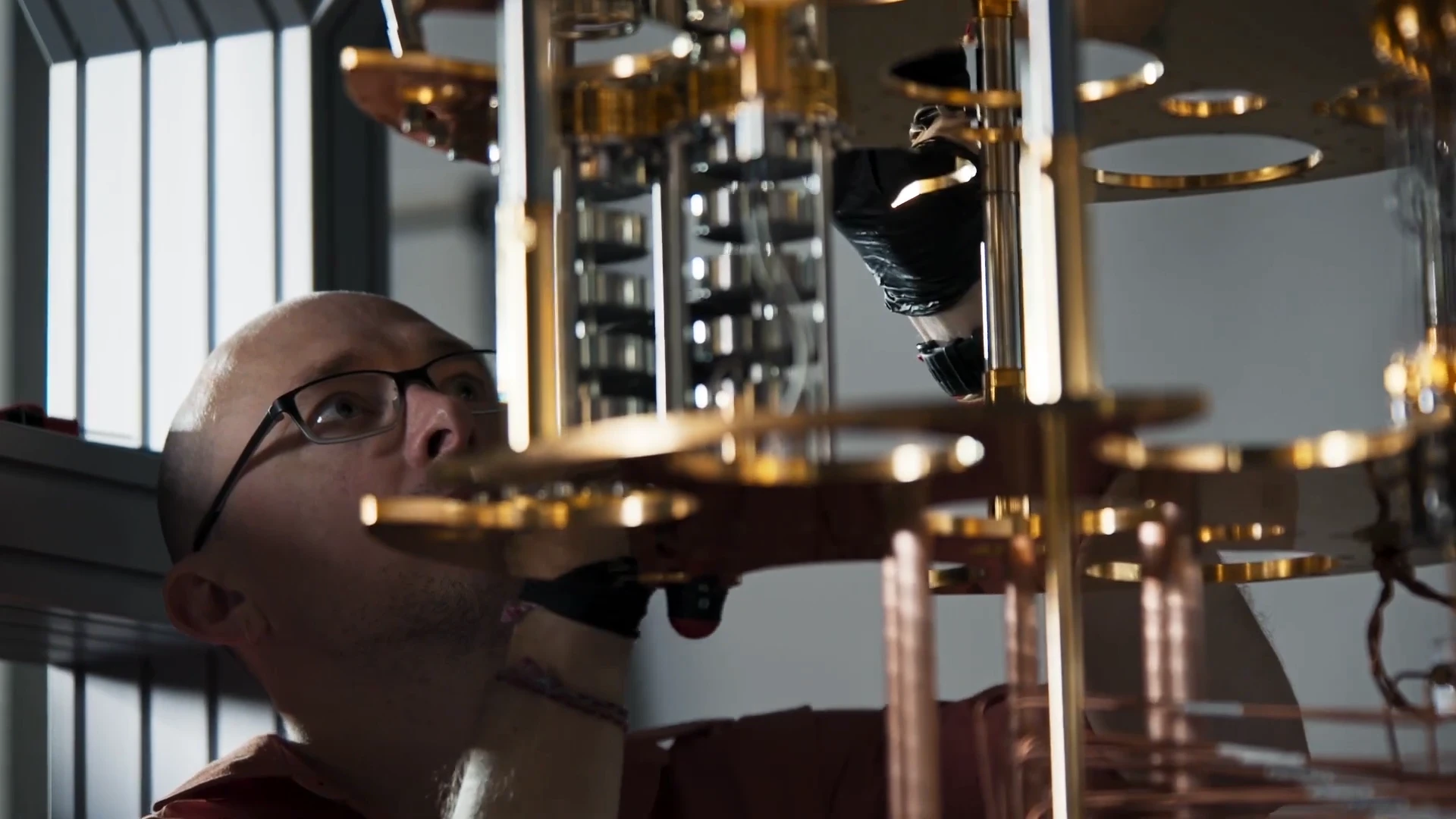The Defense Advanced Research Projects Agency (DARPA) has selected Microsoft Azure Quantum to continue developing a utility-scale quantum computer. Based on topological qubits, this computer could solve complex problems that are currently thought impossible for classical computers. Topological qubits are small, fast, and digitally controllable, with built-in error protection. Microsoft’s Dr. Chetan Nayak says the next phase involves designing a prototype of this quantum computer. The company’s approach was chosen by DARPA after a review process involving several research institutions. Microsoft believes that a successful quantum computer could solve currently intractable problems quickly, providing significant value.
Microsoft’s Continued Development of Quantum Computing
The Defense Advanced Research Projects Agency (DARPA) has chosen Microsoft Azure Quantum to continue the development of a utility-scale quantum computer. This decision is part of DARPA’s Underexplored Systems for Utility-Scale Quantum Computing (US2QC) program, which aims to determine the feasibility of constructing and operating a quantum computer capable of solving complex problems that are currently beyond the capabilities of classical computers. The US2QC program supports companies using innovative approaches to design and build a functional, scalable quantum computer.
Microsoft Azure Quantum was selected based on its recent results and detailed plans for building a quantum computer. The company has completed the program’s first phase, which involved providing a detailed explanation of its technology to DARPA. The next phase will focus on designing a prototype of a topological quantum computer.
The Potential of Quantum Computing
Quantum computing aims to harness the power of nature to accelerate scientific discovery significantly. It could solve complex problems, such as discovering novel materials that mitigate climate change or advancing clean-energy solutions. However, designing and building a utility-scale quantum computer remains a significant challenge due to the scientific and engineering breakthroughs required.
Quantum computers use quantum bits, or qubits, to encode information. These qubits are prone to errors, which are compounded when scaled. To address this issue, Microsoft Azure Quantum is designing a fault-tolerant quantum computer based on topological qubits, which are qubits with built-in error protection.
The Unique Scalability of Topological Qubits
Topological qubits are unique due to their small size, fast speed, and digital controllability. Microsoft believes that a computer built with topological qubits will scale to the level at which it can solve commercially significant problems far too complex for classical computers, such as those in chemistry and materials science.
A topological quantum computer could control over one million physical qubits on a single chip, which is enough to perform extremely complex computations in a practical timeframe. Furthermore, a fault-tolerant quantum computer would have an advantage over classical computers when it became capable of performing millions of reliable quantum operations per second (rQOPS), a new industry metric that represents a quantum computer’s ability to solve real problems.

Microsoft’s Topological Approach to Quantum Computing
Microsoft’s topological approach to quantum computing was selected by DARPA for continued investment. The selection process was conducted not only by DARPA but also by experts at several research institutions. The Microsoft Azure Quantum team’s breakthroughs, along with hardware and software designs, plans for sourcing materials, and detailed risk management strategies, helped solidify support from DARPA to continue evaluating Microsoft’s research toward building a quantum computer.
As the collaboration between DARPA and Microsoft progresses to the next phase, the Microsoft Azure Quantum team will develop a detailed design for a Fault-Tolerant Prototype (FTP) of a quantum computer based on topological qubits. This design will identify the minimum performance requirements for all components and subsystems of this small-scale quantum computer, demonstrating the feasibility of building and operating a utility-scale quantum computer.
The Future of Quantum Computing with Microsoft
Microsoft views DARPA’s decision to extend its investment in Microsoft Azure Quantum as a vote of confidence in the challenging but promising topological approach and in Microsoft’s ability to design and build a scaled quantum supercomputer. The achievement of this goal will allow for currently intractable problems to be solved quickly, bringing tremendous value to the world.
To stay informed on Microsoft’s advancements in quantum computing, the public is invited to tune in to the Microsoft Quantum Innovator Series. This series provides an opportunity to learn more about quantum computing and be among the first to hear about Microsoft’s breakthroughs on the path to building a scalable quantum computer.

